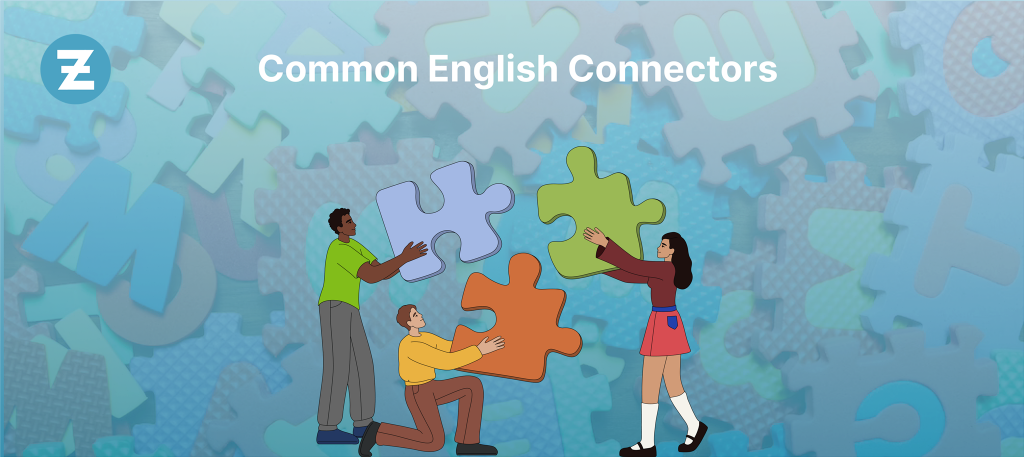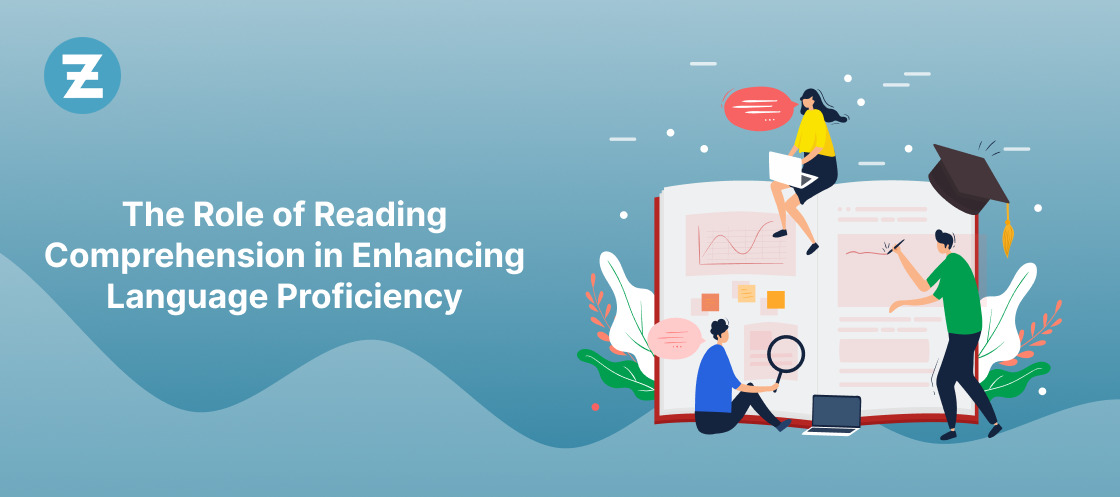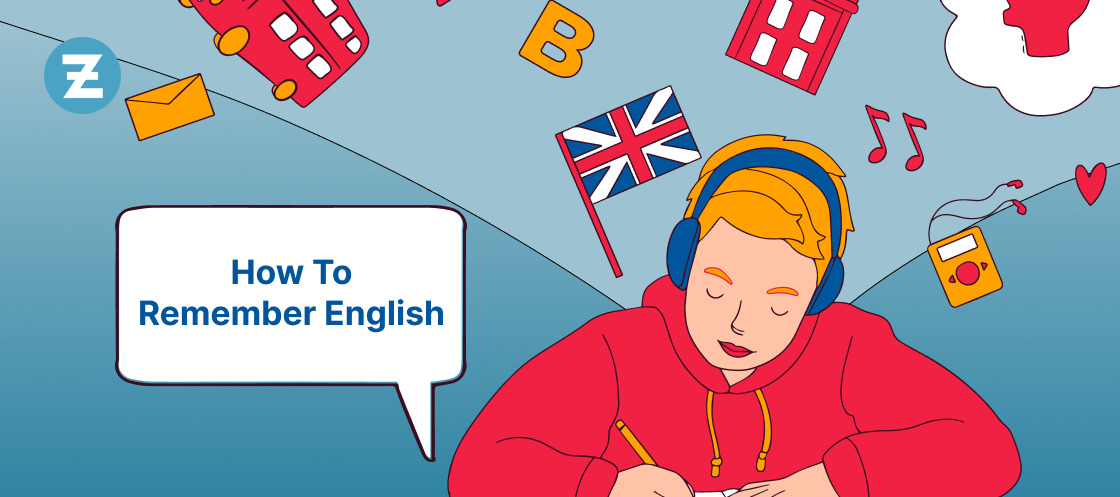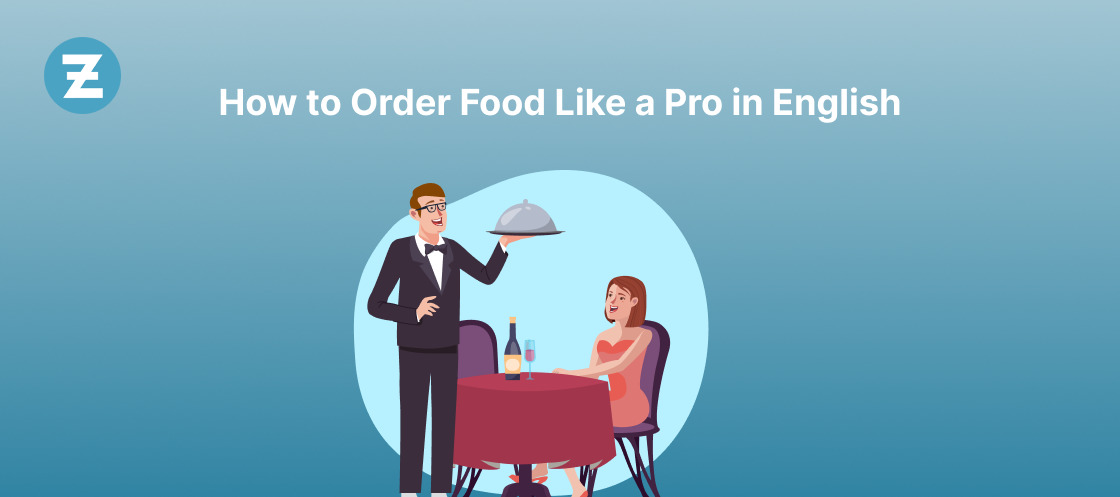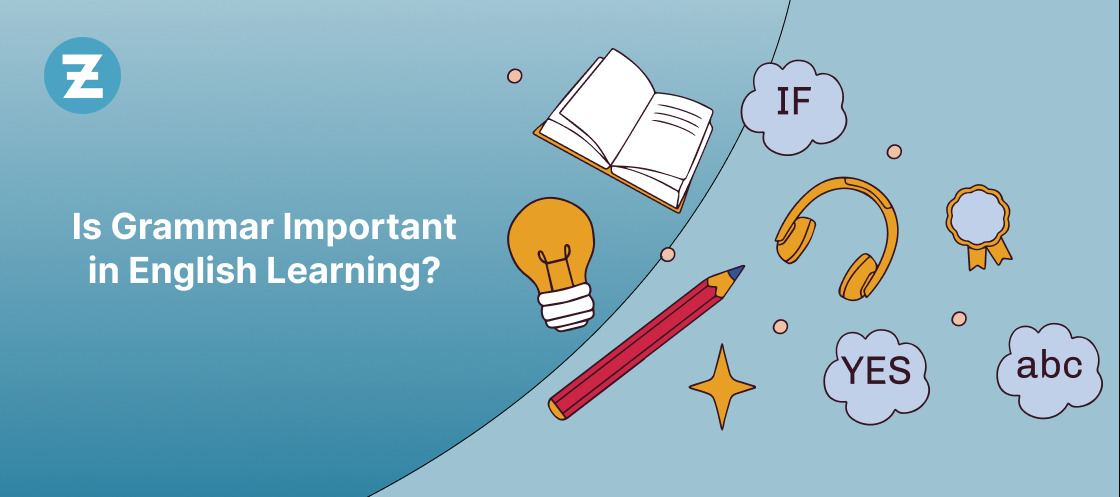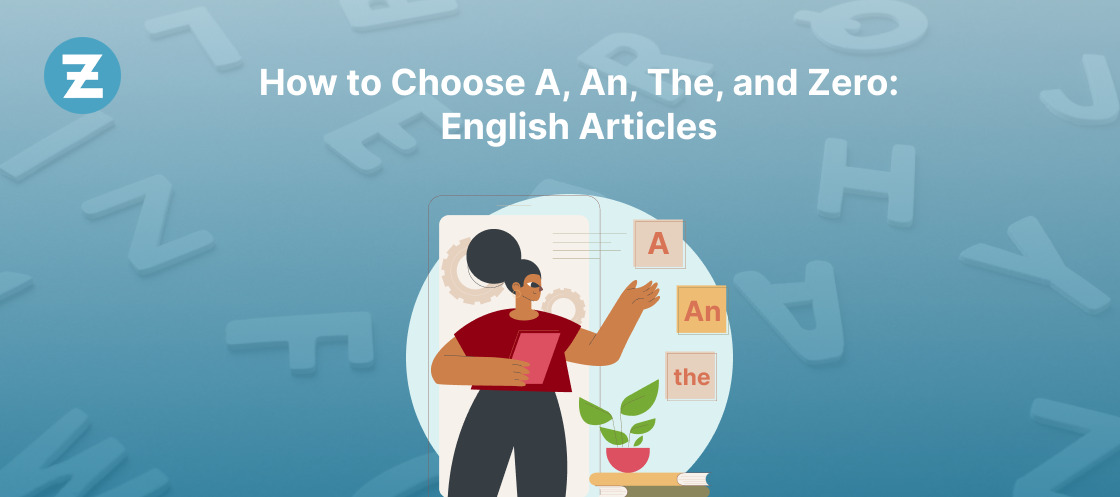Have you ever found yourself struggling to connect your thoughts during a conversation? Perhaps you’ve noticed others using certain words to smoothly transition from one idea to the next, leaving you feeling unsure of how to keep up. Fear not, as there are a variety of common English connectors that can help you navigate everyday conversations with ease. From “however” to “in addition,” incorporating these words into your speech can make a world of difference in how effectively you communicate with others. In this blog, we’ll explore some of the most commonly used connectors and provide examples of how to use them in your own conversations.
However
However is often used to show a contrast between two different ideas or thoughts. It is a word that can change the entire meaning of a sentence and can completely alter the message that the writer or speaker is trying to convey.
For example, “I really enjoyed the movie, however, I thought the ending was a bit weak.”
Because
The word “because” is one of the most powerful words in the English language. It has the ability to explain the reasoning behind an action or event, and can greatly influence our understanding of a situation.
For example, “I can’t come to the meeting because I have a doctor’s appointment.”
Moreover
Moreover is a word that is often used in writing and speaking to add more information to what has already been said. It is a powerful tool that can be used to emphasize a point or to provide more context to a discussion.
For example, “Our company has seen a 20% increase in sales this quarter. Moreover, our customer satisfaction ratings have also improved.”
Read Also: English Words With Same Spelling and different Meaning
Meanwhile
Meanwhile, is a word that is often used to show that something is happening at the same time as something else. It is a word that is used to describe events that are occurring simultaneously.
For example, “Meanwhile, I am cooking dinner, can you help me chop the vegetables?”
Otherwise
Otherwise is a versatile word that can be used in a variety of contexts to present an alternative result or outcome. It’s often used to show the consequences of a particular action or decision and to suggest what might happen if things were different.
For example, “I usually like to go for a run in the morning, but today I’m feeling sick. Otherwise, I would have gone.”
Even though
Even though is often used to express a contradiction or a surprising turn of events. It is used to show that something unexpected has happened or is happening.
For example, “Even though I don’t really want to go to the party, I feel like I should.”
Besides
Besides is an adverb that introduces an additional point or piece of information to what has already been mentioned. It is often used to add more details to a statement or to show that something else is relevant to the conversation.
For example, “Besides being a fantastic singer, she is also an excellent dancer.”
Read Also: 15 Weird English Words To Add To Your Vocabulary
As a consequence
As a consequence is a phrase that is used to show a result or consequence of something. It is often used in writing, speaking, and other forms of communication to explain what happens as a result of a particular action or event.
For example, “As a consequence of his actions, he was fired from his job.”
Nonetheless
Nonetheless is often used to introduce a contrasting idea despite previous information. It is a word that is used to indicate a shift in focus or perspective and is commonly used in writing and speech to highlight a change in direction or thought. In many cases, the use of the word nonetheless can help to clarify a point or argument, by acknowledging and addressing any contradictions or inconsistencies that may arise.
For example, I know things are tough right now. Nonetheless, I believe in you and I know you’ll get through this.”
Similarly
Similarly is a word that is used to indicate that two different things are alike in some way. It’s often used to draw comparisons between different things and to establish a sense of continuity between different ideas.
For example, “Eating a healthy diet is important for maintaining good health. Similarly, getting enough sleep and exercising regularly are also essential for a healthy lifestyle.”
Read Also: 10 English Phrases That Don’t Translate Well
Unless
Unless is a word that introduces a condition or requirement for something to happen. It is commonly used in everyday conversation, business negotiations, and legal agreements.
For example, “I will go to the party unless I am feeling sick.”
Furthermore
Furthermore is used in writing to add more information to what has already been stated. It is a useful tool for writers who want to provide their readers with more details and expand on the points they are making.
For example, “The evidence suggests that regular exercise can help to reduce the risk of heart disease. Furthermore, studies have shown that it can also improve mental health and wellbeing.”
Although
Although is a word that is used to indicate that two things are different or opposite. It is used to indicate that there is a contradiction or a surprise element in the sentence.
For example, “Although I am usually a morning person, today I feel especially tired.”
Then
Then is used to indicate a sequence of events. It can be used to connect different events and make them flow seamlessly. When used correctly, then can help you write compelling content that captures the reader’s attention and keeps them engaged from start to finish.
For example, “First, let’s talk about dogs. Then, we’ll move on to cats.”
Read Also: Best Tongue Twisters for English Pronunciation Practice
Whereas
Whereas is used to show a contrast between two ideas or things. It is a conjunction that is commonly used in the English language to introduce a statement that contrasts with or contradicts the previous statement.
For example, “The company had a successful year in terms of revenue, whereas its profits decreased.”
In the same way
In the same way, is used to highlight the similarity between two concepts or ideas that are being discussed. When used correctly, this phrase can help to clarify the relationship between two concepts and strengthen the overall argument.
For example, “Just as a doctor uses a stethoscope to listen to a patient’s heart, in the same way, an engineer uses a voltmeter to measure electrical current.”
Despite
The word “despite” is a powerful word that signifies resilience and perseverance. It is used to show that something is happening even though there are obstacles.
For example, “Despite the team’s initial struggles, they were able to work together and achieve success.”
Likewise
The word “likewise” is an adverb that is used to show a similarity between two or more things. It is used to indicate that something is true in the same way as something previously mentioned.
For example, “I enjoyed the movie, and likewise, my friend enjoyed it too.”
Consequently
Consequently is a word that is often used to show the result or consequence of something. It is an important word to use in writing, as it helps to make connections between different ideas and arguments.
For example, “I forgot my keys, consequently, I was late for work.”
As a matter of fact
As a matter of fact, is one of the most adaptable and useful idioms in the English language. It can be used in a variety of settings to underline a recent point, and it can assist add weight and relevance to your comments.
For example, “As a matter of fact, I thought that movie was fantastic!”
Read Also: Famous English Proverbs With Their Meaning
And
And is a simple word with a significant impact on how we interact. It is used to make a connection between two items, concepts, or thoughts. This small conjunction is a significant English language technique that can help you communicate more effectively in both written and spoken form.
For example, “I like to swim and run.”
In other words
In other words, is frequently used to repeat or clarify what has previously been spoken. It’s a method of simplifying complicated ideas and ensuring that everyone is on the same page.
For example, “In other words, decreased sales numbers have damaged the company’s revenue, resulting in a fall in profits for the current quarter.”
Summing Up
In conclusion, it is essential to acknowledge the significance of using connectors in English for effective communication. These words and phrases are crucial in connecting our ideas, making our speech flow smoothly, and enabling us to express ourselves clearly. By integrating the connectors discussed in this blog into your everyday conversations, you can enhance your communication skills and convey your thoughts and ideas more effectively. With consistent practice and patience, you can become more confident and proficient in using these connectors, leading to more meaningful and productive interactions with others.
To further amplify your English communication skills, we recommend trying out Zoundslike, a free English polishing app. This game-based language learning app provides an interactive learning environment that can help you learn and practice English in a fun and engaging way. So, why wait? Download Zoundslike today and take the first step towards improving your English communication skills.
FAQs
Q.1 What are English connectors?
English connectors are words or phrases used to connect ideas, sentences, or clauses in conversations, making the flow of speech more coherent and organized.
Q.2 Why are connectors important in everyday conversations?
Connectors help to express relationships between ideas, add information, show contrast, provide examples, and facilitate smooth communication between speakers.
Q.3 What are some common English connectors used in everyday conversations?
Some common English connectors used in everyday conversations include ‘and,’ ‘but,’ ‘so,’ ‘because,’ ‘however,’ ‘therefore,’ ‘for example,’ ‘in addition,’ and ‘on the other hand.’
Q.4 How can I use connectors effectively in conversations?
To use connectors effectively, pay attention to the context and purpose of your conversation. Choose the appropriate connector to convey your intended meaning and ensure clarity in your communication.
Q.5 Can you give me an example of how conversations use connectors?
Certainly! For example, you can use the connector ‘and’ to connect two related ideas, such as ‘I went to the store, and I bought some groceries.’ This helps to show the relationship between the two statements.
Q.6 Are connectors used differently in formal and informal conversations?
Connectors can be used in both formal and informal conversations. However, the level of formality and the specific connectors used may vary depending on the context and the nature of the conversation.
Q.7 Are connectors only used in spoken conversations?
Connectors are used in both spoken and written English. They are essential for maintaining coherence and cohesion in written texts, such as essays, reports, and articles, as well as in oral communication.


